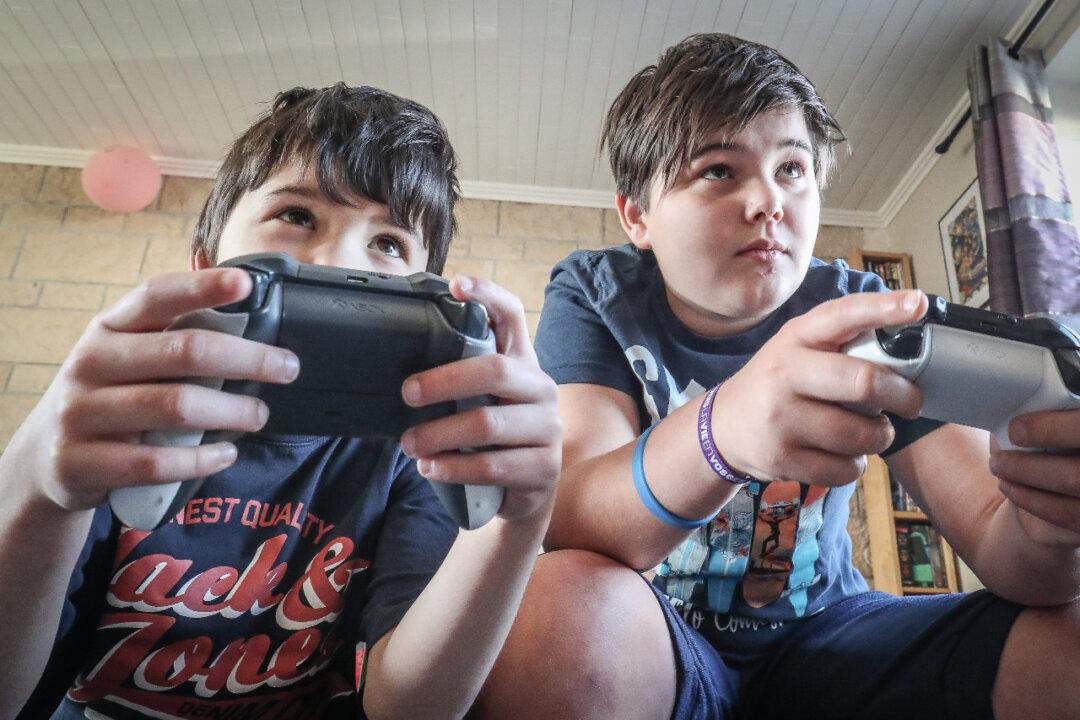A new study by the Sydney Children’s Hospitals Network has found that electronic gaming can be deadly for children with heart conditions.
The study, published Oct. 10 in the journal Heart Rhythm, revealed that playing video games can cause life-threatening cardiac arrhythmia—an irregular heartbeat—in susceptible children, who may have an undiagnosed heart condition.





